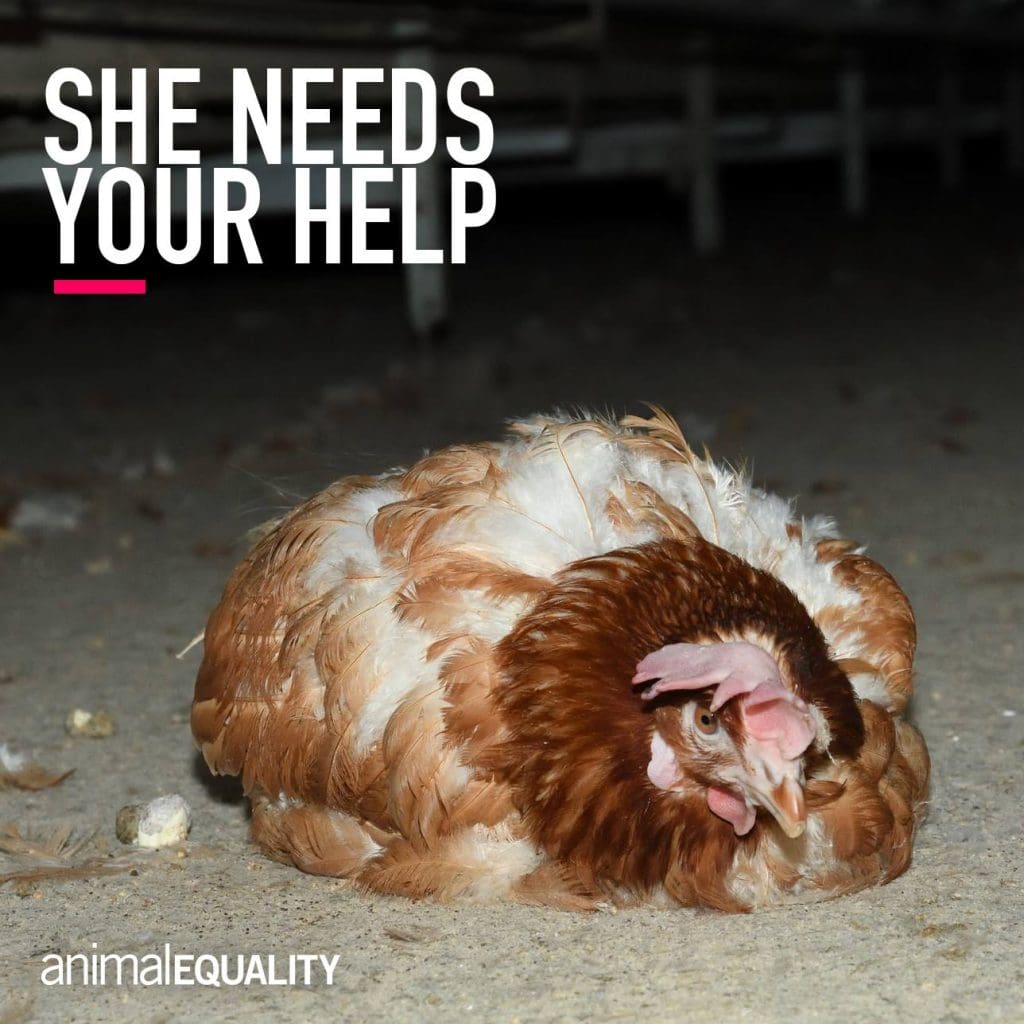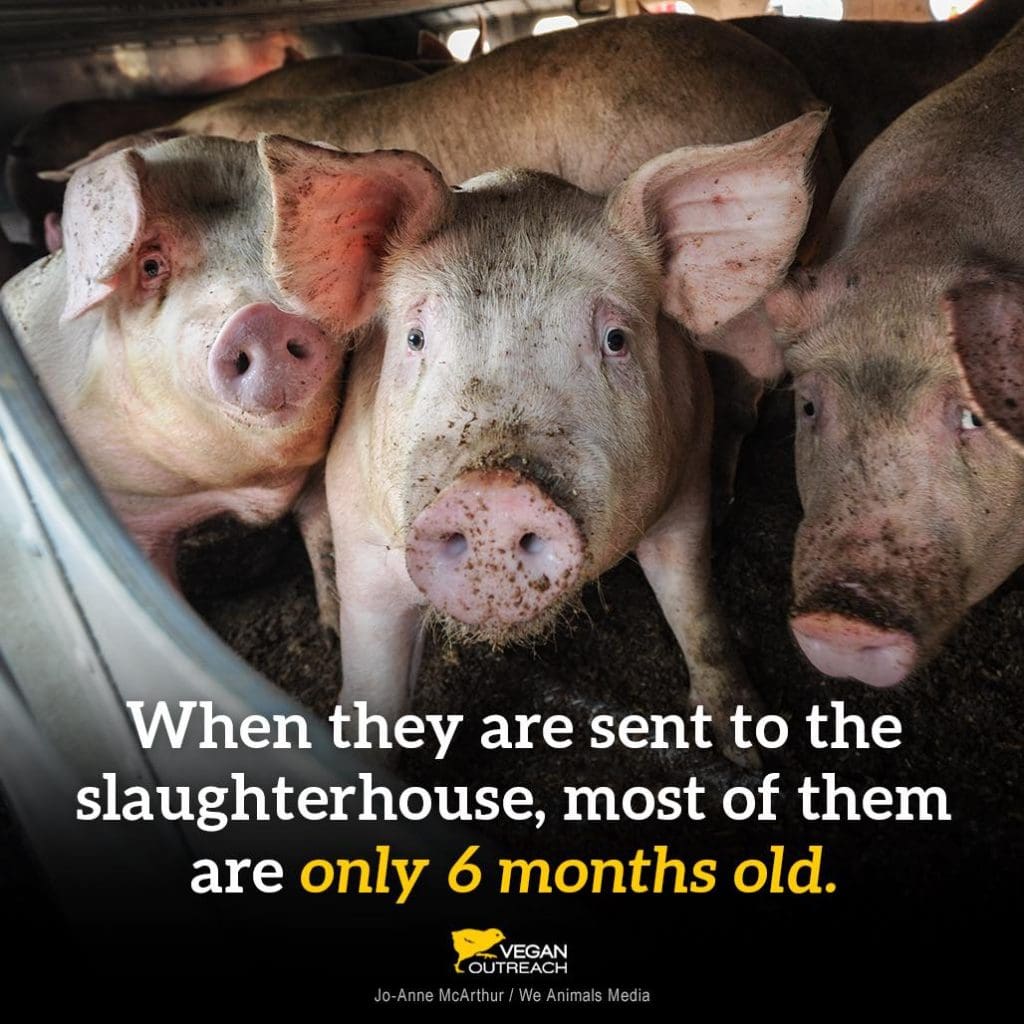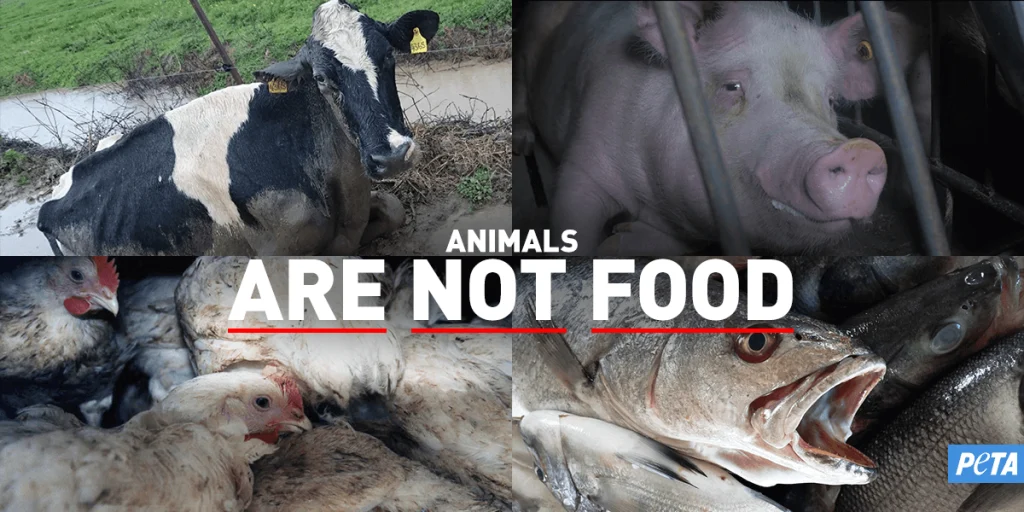Hidden behind the walls of factory farms lies a harrowing reality that few dare to confront. These industrial operations, designed to maximise profit and efficiency, subject animals to unimaginable cruelty—cramped cages, physical abuse, and lives stripped of dignity or natural behaviour. Yet the devastation extends beyond animal suffering; factory farming drives environmental destruction through pollution, deforestation, and greenhouse gas emissions. This article uncovers the grim truth about these practices while exploring meaningful solutions like ethical consumerism, plant-based diets, and advocacy efforts aimed at creating a kinder world for animals and our planet alike
In this eye-opening journey, we will venture behind closed doors, exploring the confined and inhumane conditions in which animals are forced to live. From the moment they are born until their untimely slaughter, we will shed light on the dark truths plaguing factory farms.
The Hidden World: Behind Closed Doors
Factory farms, also known as concentrated animal feeding operations (CAFOs), have become an integral part of modern agricultural practices. These facilities mass-produce animals for food, aiming to maximize efficiency and profit. However, the cost of such optimization is paid by the innocent lives confined to these facilities.
Behind the walls of these establishments, animals are subjected to unimaginable suffering. Caging and confinement are pervasive, with animals denied even the simplest comfort of sufficient living spaces. The cramped conditions not only hinder their physical movement but also inflict severe psychological distress. Unable to exhibit natural behaviors, these creatures live a life of despair.

From Birth to Slaughter: Life on the Line
In the pursuit of increased production, factory farms often resort to breeding and genetic manipulation. Selective breeding practices have led to significant health issues in animals bred solely for profitability. Diseases, deformities, and genetic disorders commonly afflict these creatures, causing them prolonged suffering.
Abuse and neglect are prevalent realities within factory farms. Handlers subject animals to physical violence, inflicting pain and terror upon their helpless victims. Furthermore, growth hormones and antibiotics are frequently administered to maximize output, further compromising the welfare and health of these animals.

Environmental Impacts: Beyond Animal Suffering
While the cruelty endured by animals within factory farms is heart-wrenching, the environmental impacts extend far beyond their suffering. Pollution and resource depletion are severe consequences of these operations. The excessive waste generated by these facilities contaminates water sources and contributes to the emission of harmful greenhouse gases.
Deforestation and loss of biodiversity are additional concerns stemming from factory farming. As these farms expand, vast tracts of land are cleared, destroying natural habitats and displacing native wildlife. The consequences reverberate throughout ecosystems, causing irreparable harm to the delicate balance of our environment.

The Path to Change: Advocacy and Alternatives
Thankfully, there are organizations dedicated to advocating for improved animal welfare standards and advocating against factory farming practices. These organizations, such as PETA, the Humane Society, and Farm Sanctuary, work tirelessly to expose the truth and push for change. You can join their cause by supporting and getting involved in their campaigns for a more compassionate world.
Individuals can also make a profound impact by embracing plant-based alternatives and practicing ethical consumerism. Veganism, the conscious choice to not consume or use animal products, not only aligns with principles of compassion but also promotes a healthier lifestyle and a more sustainable future. By opting for cruelty-free and environmentally friendly products, consumers can vote with their dollars, driving industries towards more responsible practices.
Conclusion
Factory farming’s dark secrets must be unveiled and confronted. The lives of countless animals are at stake, enduring unnecessary suffering within these brutal facilities. By spreading awareness, supporting animal welfare organizations, and making compassionate choices, we can collectively work towards a world that rejects the inherent cruelty of factory farming. Let us strive for a future where the well-being of animals is prioritized, and their painful realities are but a distant memory.
4.3/5 - (23 votes)



